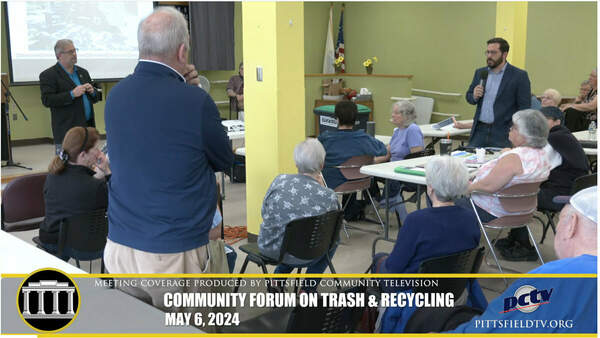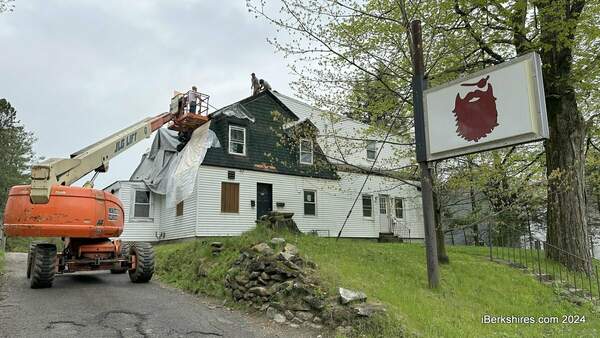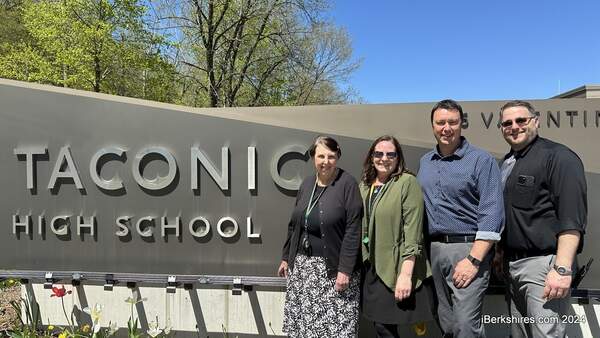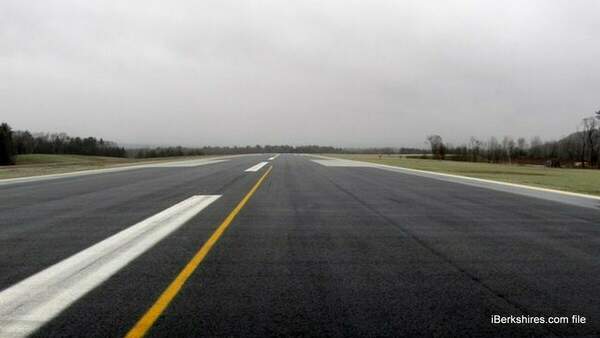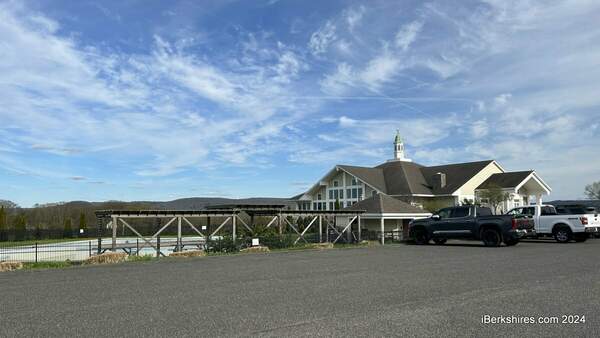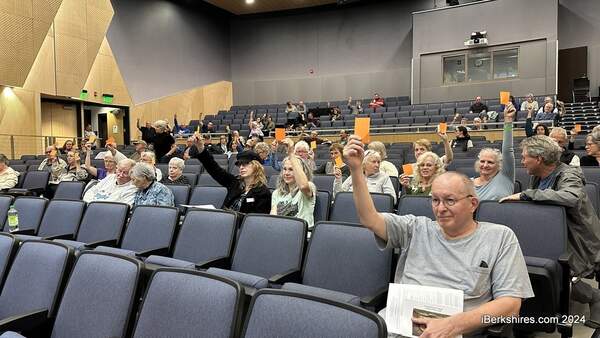State Auditor Publishes Election Reimbursements
 |
The amounts dispersed vary wildly. North adams will receive $6,552 and Pittsfield $14,742, with smaller communities like Williamstown ($1,161), Clarksburg ($684) and Sheffield ($603) getting much less.
The auditor's Division of Local Mandates determined in 1983 that a state law requiring municipalities to keep voting places open three extra hours was an unfunded mandate and that the state must pay for the increase in election-day staffing costs. The hours are usually earlier and later than regular municipal elections.
"The intent of the mandate was to make it easier for citizens to get to the polls before and after work and increase participation in national and state elections," said Bump. "These extra hours increased the financial burden on cities and towns which we determined should be the responsibility of the state."
Every two years, DLM certifies how much the state must pay cities and towns to implement this state-mandated service by requiring communities to document additional election-day costs. This year, DLM streamlined the certification process by introducing an electronic certification form that all 351 municipal election officials were required to submit by the end of July. DLM then audited and certified each form and Bump forwarded a report detailing the costs to the secretary of state on Sept. 15. The secretary of state distributes the money to each community prior to the scheduled elections.
Bump certified $827,811 in extra costs for the March presidential primary, and $1,655,623 for the fall elections. The combined amounts range from $244,694 for the city of Boston to $99 for the small town of Ashfield in the western part of the state. Since 1984, DLM has certified more than $21 million for direct state payments to cities and towns for this mandate.

